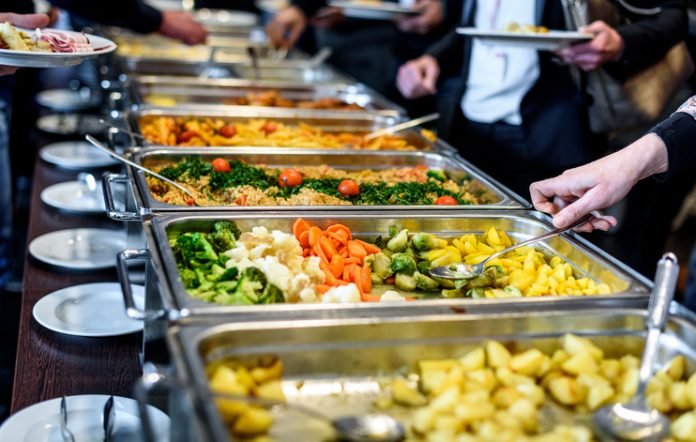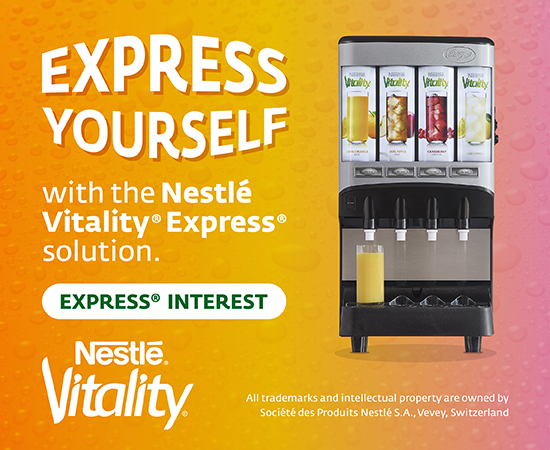DURHAM, N.C.—Wellness will be an essential component for meeting planners to incorporate into their 2019 events as they focus on the complete physical, mental, and social wellbeing of their attendees. The wellness market is now estimated to be worth $4.2 trillion, growing nearly twice as fast as global economic growth, as reported by The Global Wellness Institute.
Diane Tighe, director of catering and conference services at Washington Duke Inn & Gold Club, plans up to 75 events per month with her team. The AAA Four Diamond hotel is on the campus of Duke University in Durham, N.C., and handles meetings for organizations such as Fortune 500 companies, non-profits like the Duke Children’s Gala, and Duke University.
With nearly 20 years of experience at the property, Tighe shares her recommendations for incorporating physical, mental, and social wellness into meetings 2019. “There are so many emerging trends in the industry, whether it be activities or session styles, that ultimately align with wellness and making sure the attendees have a well-rounded experience,” says Tighe.
Movement
As devices like the Apple Watch continue to encourage standing and movement, attendees are more likely to be wary of sitting too long, Tighe says. Mayo Clinic counsels that sitting for long periods of time links to a number of health concerns, such as obesity, increased blood pressure, high blood sugar, and more. To address these concerns, Tighe recommends that events implement chances for attendees to stand during a discussion and kick off the day with golf or an organized morning run.
Nutrition
Make sure to also offer nutritious meals for the health-conscious and options for those with dietary restrictions, such as gluten-free or vegetarian, so everyone is nourished and satisfied throughout the day, Tighe says. Culinary team are becoming increasingly creative and flexible, so a good food service should know how to cater to everyone’s needs.
Mental Breaks
With so much information conveyed at meetings, it’s easy for attendees to leave feeling drained. To prevent this from happening, Tighe recommends integrating more breaks into the schedule as a way to regroup and refocus, which is ultimately more likely to capture better engagement and participation. After sessions are complete for the day, planners can also slot in opportunities to meditate, whether through gentle yoga or breathing exercises. A study by the University of Wisconsin-Madison even shows that mediation might reduce the chance of getting a cold or the flu.
Camaraderie
Having a sense of connection encourages communication, trust, and new ideas, not to mention inherently makes an event more fun. Tighe recommends that hotels provide forums for guests to get to know each other better through mixers and group activities, so a meeting can function as both a professional development tool and a networking opportunity.












